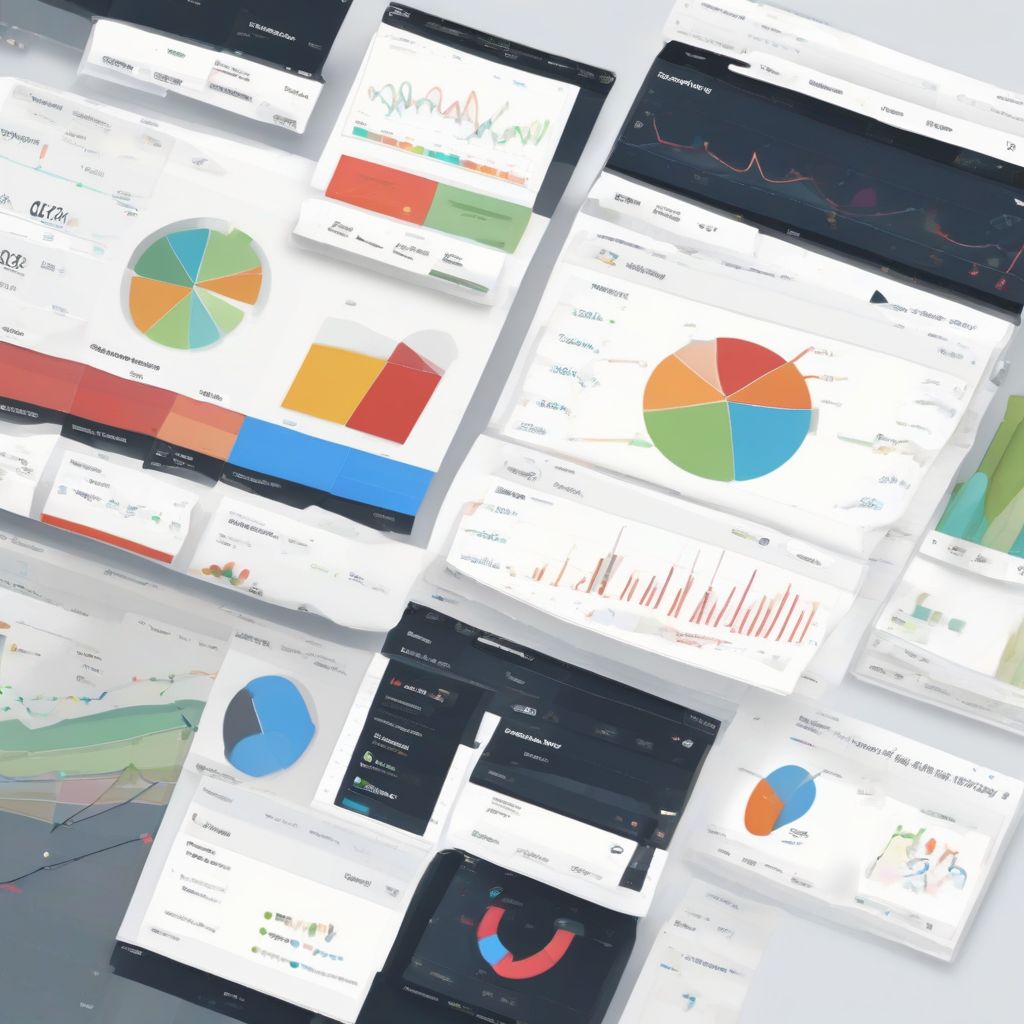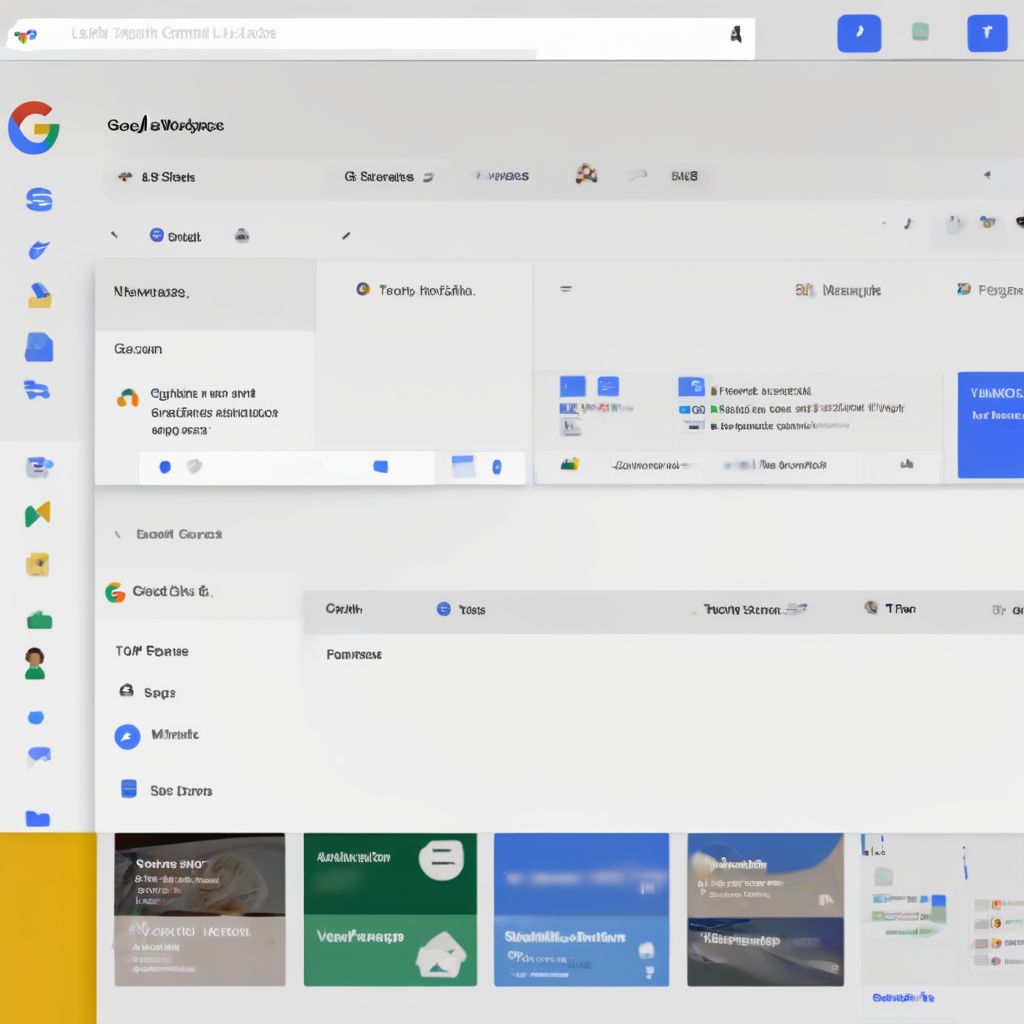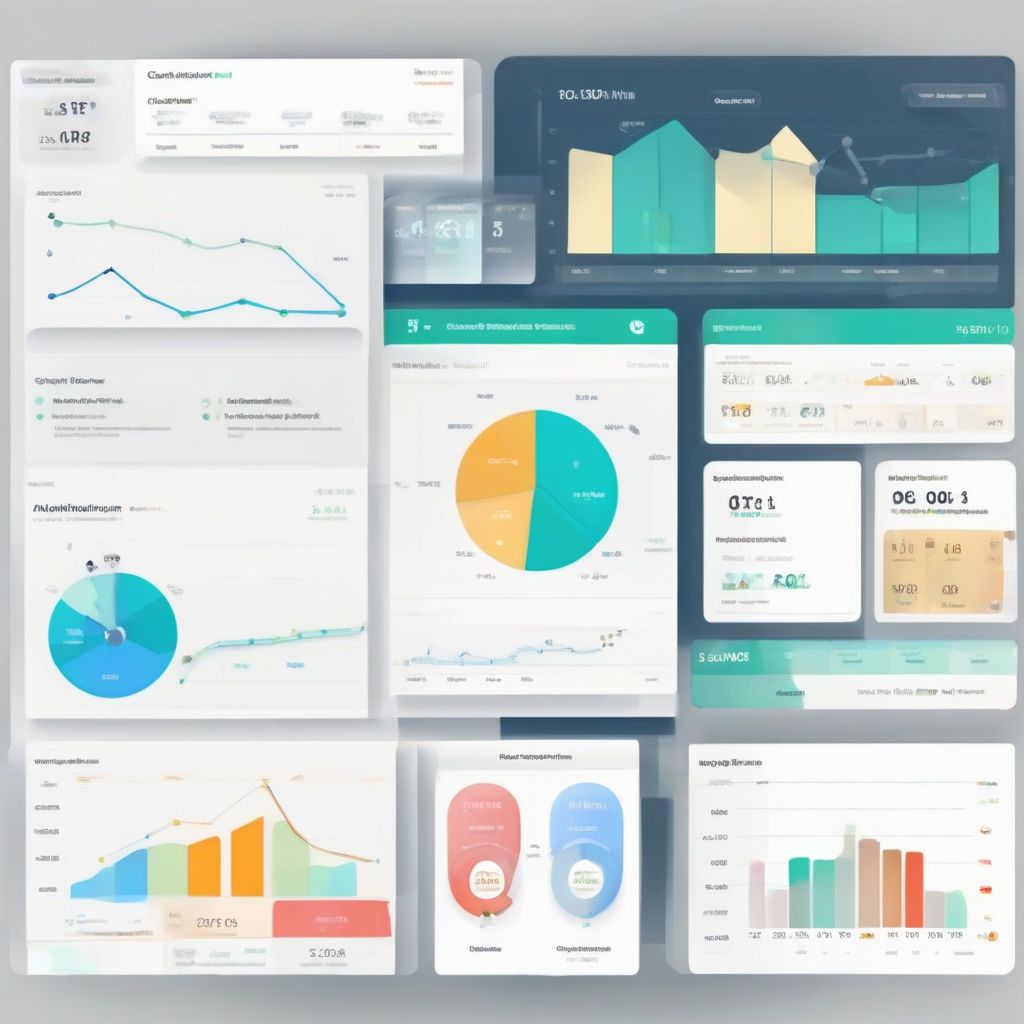In today’s digital landscape, businesses need every advantage they can get to stand out from the competition and connect with their target audience. That’s where Customer Relationship Management (CRM) software comes in, especially CRM tailored for marketing purposes. But what exactly is Crm Software For Marketing, and how can it revolutionize your sales efforts?
Understanding Crm Software For Marketing
CRM software for marketing goes beyond basic contact management. It empowers businesses to streamline and optimize their marketing campaigns by centralizing customer data, automating tasks, and providing valuable insights to improve strategies.
Imagine having all your customer interactions, from email opens and website visits to purchase history and social media engagement, accessible in one unified platform. That’s the power of CRM for marketing.
Why Is Crm Software For Marketing Important?
The importance of incorporating a dedicated CRM system into your marketing arsenal cannot be overstated. Here’s why:
- Personalized Customer Experiences: Segment your audience based on demographics, behavior, and preferences to tailor marketing messages that resonate, leading to higher engagement and conversion rates.
- Automated Marketing Processes: Streamline repetitive tasks like email marketing, lead nurturing, and social media posting, freeing up your team to focus on strategy and creativity.
- Data-Driven Decision Making: Gain actionable insights from comprehensive analytics and reporting features to measure campaign effectiveness, identify trends, and adjust your approach for optimal results.
- Improved Sales & Marketing Alignment: Bridge the gap between your sales and marketing teams by providing a shared platform for communication, collaboration, and lead management, ensuring a seamless customer journey.
 CRM Dashboard
CRM Dashboard
Common Questions About Crm Software For Marketing
As with any technology solution, you likely have questions about how CRM software fits into your marketing strategy. Here are some common queries businesses have:
- What features should I look for in CRM software for marketing? Essential features include email marketing integration, lead management tools, marketing automation capabilities, analytics and reporting, and social media management.
- How much does CRM software for marketing cost? Pricing varies depending on factors like the number of users, features, and the vendor you choose.
- Can CRM software integrate with my existing marketing tools? Most reputable CRM solutions offer integrations with popular marketing automation platforms, email providers, and other essential business tools.
- What are the benefits of using CRM software for marketing specifically? By leveraging a CRM specifically designed for marketing, you can enhance customer segmentation, personalize campaigns, automate marketing workflows, and gain deeper insights into campaign performance.
The Power of Keywords: CRM, Marketing Automation, and More
Understanding the language of CRM in marketing is crucial for maximizing your software investment. Let’s break down some key terms:
- CRM (Customer Relationship Management): Refers to strategies, technologies, and practices that help businesses manage and analyze customer interactions throughout the customer lifecycle.
- Marketing Automation: Software that automates marketing tasks like email campaigns, social media posting, and lead nurturing, allowing marketers to focus on strategic initiatives.
- Lead Generation: The process of attracting and capturing the interest of potential customers in your products or services.
- Customer Segmentation: Dividing your customer base into groups based on shared characteristics to deliver targeted marketing messages.
By incorporating these keywords naturally within your content and website copy, you can improve your search engine visibility, attract the right audience, and establish your brand as a thought leader in the CRM space.
Conclusion
In today’s competitive business environment, leveraging the power of CRM software for marketing is no longer optional—it’s essential. By harnessing the ability to personalize interactions, automate tasks, and gain data-driven insights, you can transform your marketing efforts, strengthen customer relationships, and drive significant business growth.


